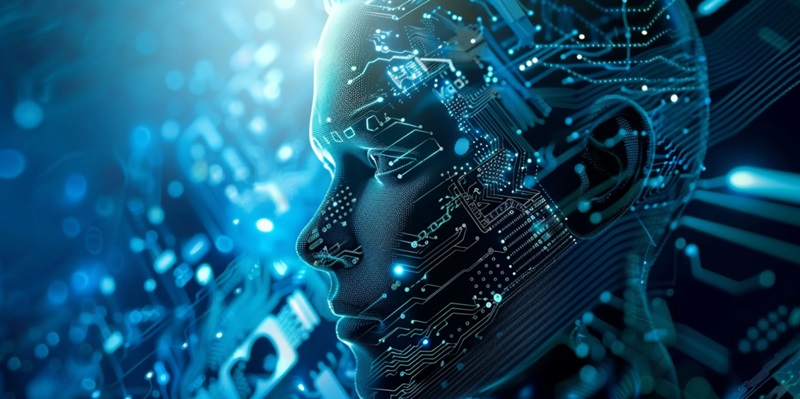OpenAI has achieved a breakthrough in artificial intelligence with its innovative Voice Engine. This advanced technology has the capability to accurately recreate a person’s voice from a small sample, sparking potential transformations in various industries. However, it also presents a significant challenge in ensuring ethical use. The Voice Engine could lead us into a new era of speech synthesis, but it is essential to proceed with caution.
The Rise of Voice Engine Technology
OpenAI is making careful strides with the Voice Engine, strategically testing and perfecting the technology with selected developers. A careful, consultative approach to deployment reflects a commitment to responsible innovation.
Impact on Industries and Voice Restoration
From entertainment to aiding speech impairments, the Voice Engine’s applications are wide-ranging. OpenAI recently demonstrated its profound personal benefits by assisting a patient in voice recovery, underscoring AI’s role in tackling complex issues.
Advancements in Language Translation and Inclusivity
With the potential for transforming content into multiple languages, the Voice Engine promotes inclusivity and could greatly impact platforms that depend on audio content, like Spotify.
Addressing Ethical Concerns and Misuse
OpenAI enforces strong guidelines for using the Voice Engine ethically, such as requiring consent for using someone’s voice and embedding watermarks in AI-generated content, highlighting the balance between innovation and responsible use.
Security and Authentication in the Banking Sector
The Voice Engine’s mimicry capabilities prompt a re-evaluation of security measures in sectors like banking that use voice authentication, emphasizing the need for stronger defenses against AI exploitation.
As OpenAI forges ahead, it continues to engage with external feedback and leads discussions on AI authenticity, ensuring that its Voice Engine development upholds transparency and ethical considerations.

